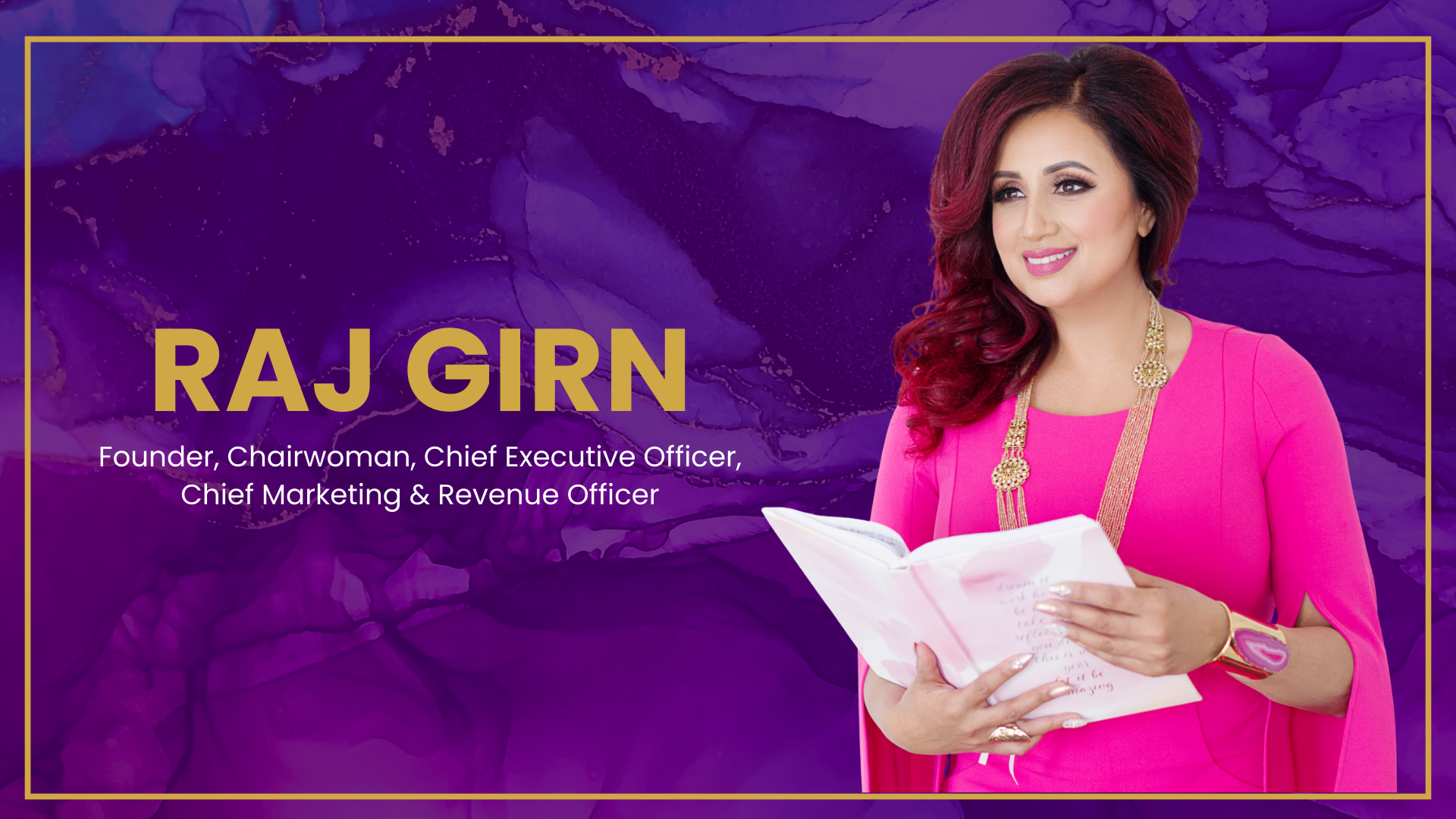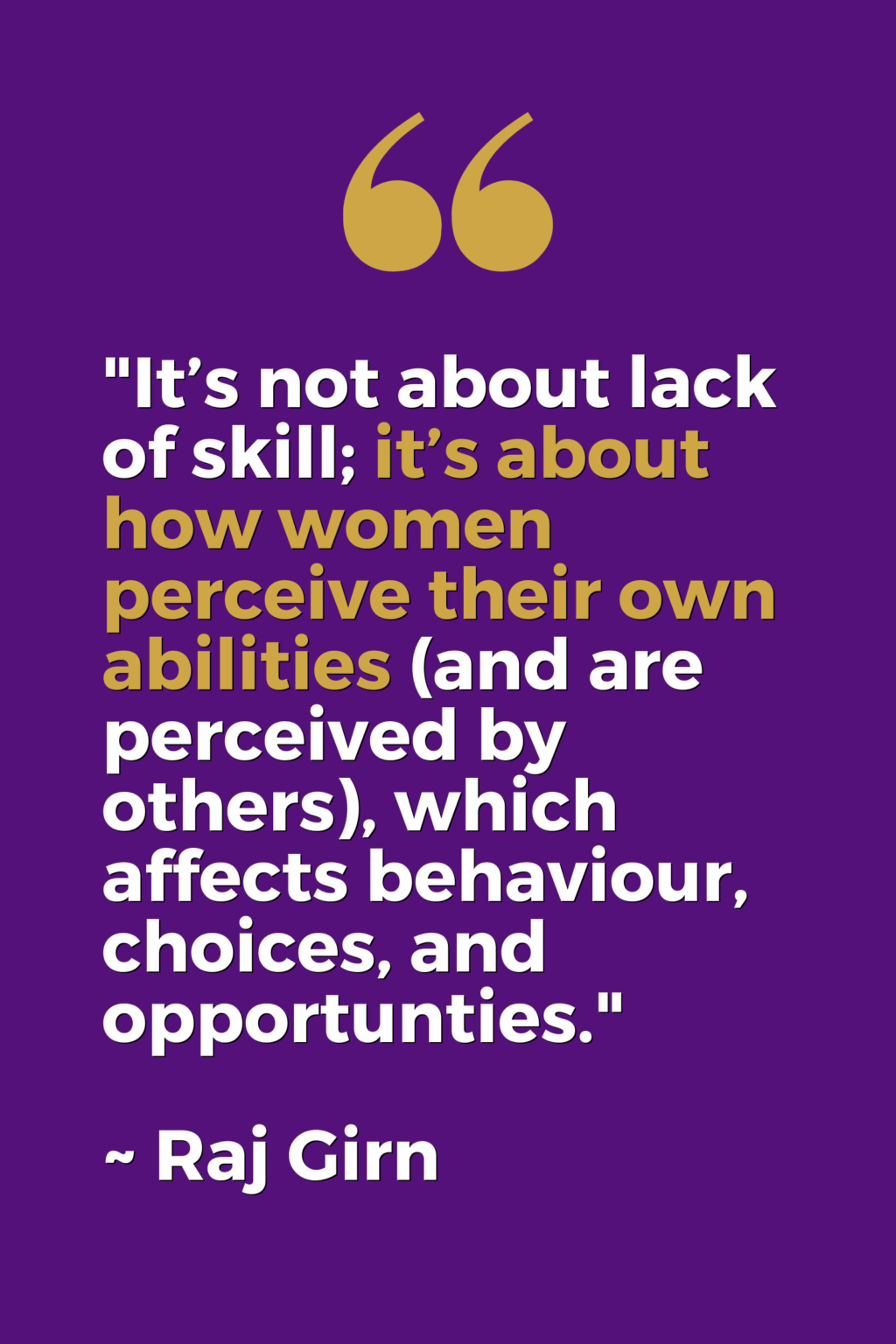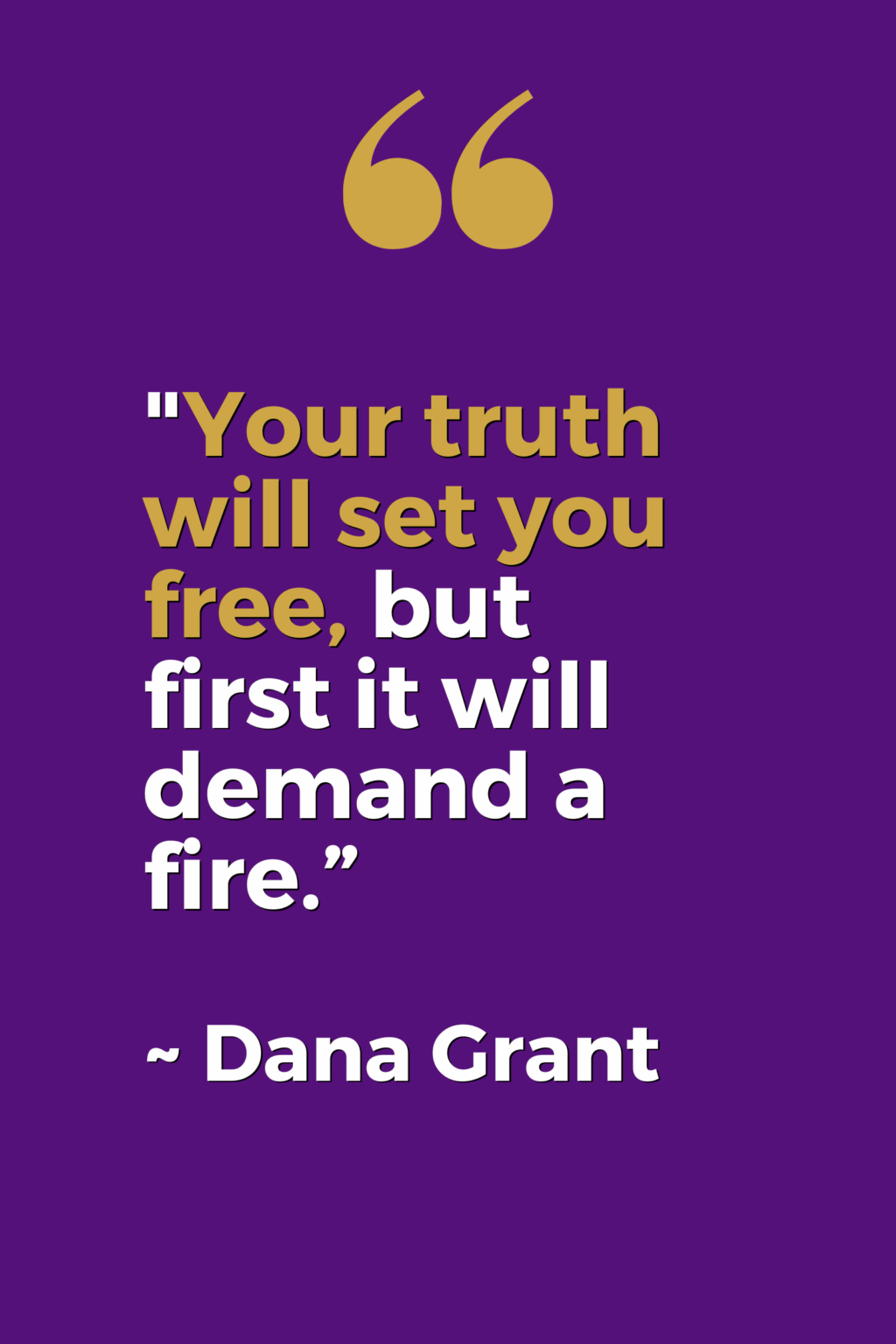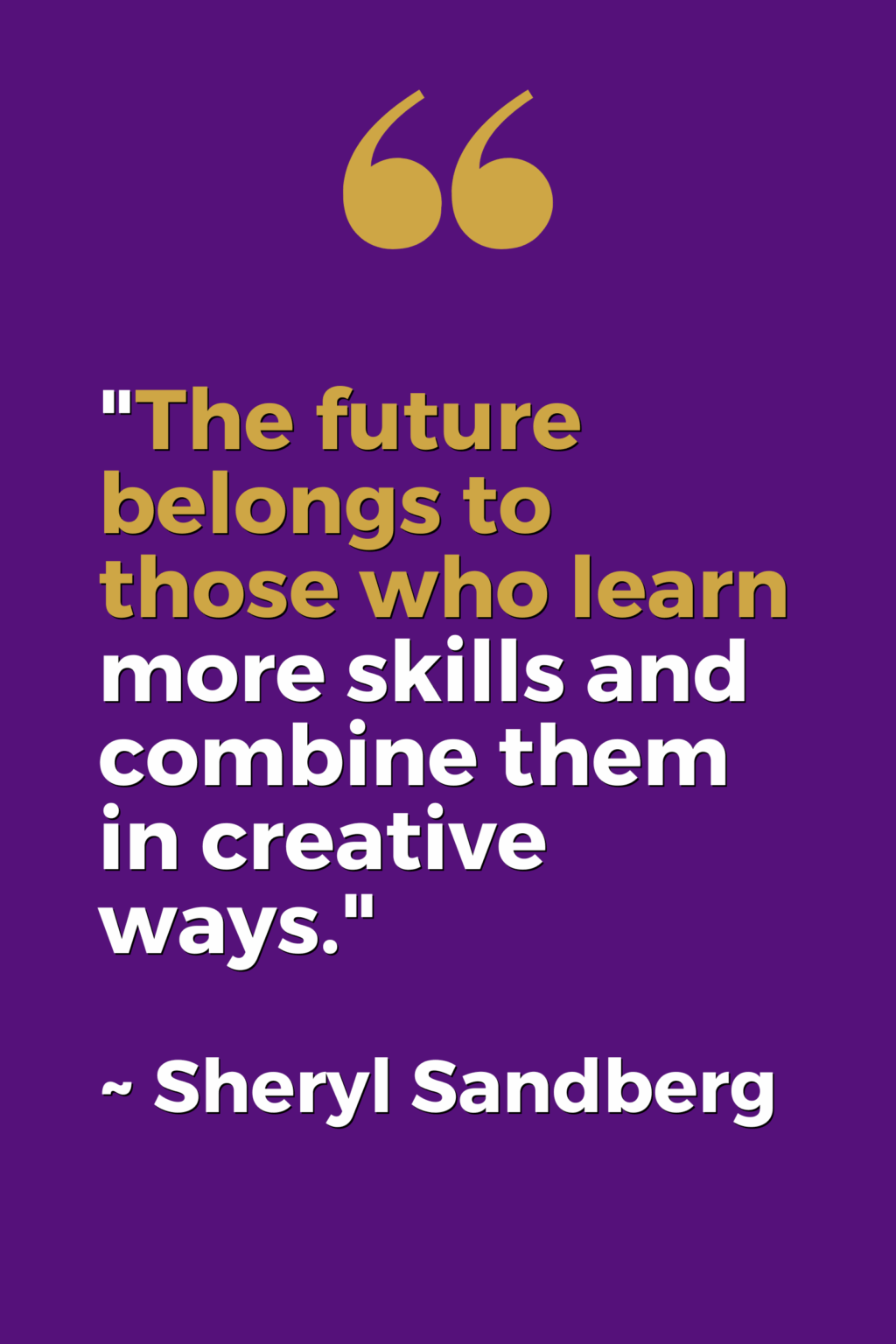
No one can make you feel inferior without your consent.
Eleanor Roosevelt

Confidence is a vital ingredient in achieving personal and professional success. It fuels decision-making, encourages risk-taking, and fosters resilience in the face of challenges. Yet for many women, the path to self-assurance is not always straightforward. Deep-rooted self-doubt, lingering insecurities, and the overwhelming weight of imposter syndrome often cloud their perception of self-worth and limit their potential.
While these internal battles are real and significant, the good news is, that confidence is not an innate trait reserved for a select few, it’s a skill that can be cultivated, nurtured, and strengthened over time. Through research-backed strategies (that work), real-life examples (that motivate), and intentional practices (that action success), women can learn to overcome the mental barriers that hold them back, and step fully into their power their way!
Understanding the Challenges
Self-Doubt & Insecurities
Self-doubt is a persistent inner voice that questions our competence, decisions, and worthiness. It can appear subtly, like second-guessing your abilities before a presentation, or more overtly, like opting out of opportunities out of fear of failure. Often, this doubt stems from internalized beliefs formed early in life, whether through social conditioning, cultural norms, or personal experiences.
Insecurities, on the other hand, are rooted in feelings of inadequacy. These can be related to appearance, intellect, relationships, or professional status. Women may internalize societal standards and feel they must meet impossible expectations to be considered “enough.” These feelings can chip away at one’s self-esteem over time (or from the start), making it difficult to show up with confidence.
Imposter Syndrome
Imposter syndrome takes self-doubt and insecurity a step further. It’s the persistent belief that you are not as competent as others perceive you to be and that your success is the result of luck, timing, or external help, and not your own skill or effort. A 2022 KPMG study reported that 75% of female executives have experienced imposter syndrome at some point in their careers.
This syndrome is especially prevalent among high-achieving women who continuously set high standards for themselves. Instead of acknowledging their accomplishments, they worry about being “found out” as a fraud. This mindset not only affects mental health but also diminishes the ability to lead effectively, take risks, or accept recognition.
Proven Strategies for Building Confidence
Fortunately, there are actionable and evidence-based strategies women can adopt to shift their mindset and begin building genuine confidence through actionable steps. Let’s walk through some of them next . . .
1. Reframe Negative Thoughts
Cognitive-behavioral research shows that our thoughts greatly influence our feelings and actions. When you catch yourself thinking, “I’m not good enough” or “I’m going to fail,” pause and challenge that thought. Ask yourself: “What evidence do I have for this belief? Is it based on fact or fear?”
Start practicing a growth mindset, which is the idea that abilities and intelligence can be developed with effort and persistence. Embrace mistakes as learning opportunities rather than failures. This shift reduces the fear of failure and encourages you to try again, knowing that growth comes from challenge.
2. Celebrate Achievements, Big and Small
Many women downplay their accomplishments, brushing off praise with statements like, “It was nothing” or “I just got lucky.” To build confidence, it’s essential to recognize and celebrate every win, no matter how minor it may seem. Admittedly, I’m guilty of this.
Keep a “confidence journal” where you record your daily or weekly accomplishments is a great motivator and reminder of your brilliance. This practice reinforces your self-worth and helps create a positive feedback loop.
Over time, looking back at your growth will serve as a powerful reminder of your capability and progress.
3. Seek Mentorship & Community Support
Surrounding yourself with mentors and like-minded women can be incredibly empowering. Whether it’s a formal mentorship program or a supportive peer group, having people who believe in you, share their experiences, and offer guidance, can provide a tremendous boost to your morale and thus to your confidence.
These relationships also normalize your struggles. Hearing someone you admire talk about their own insecurities or imposter syndrome, helps you realize you’re not alone and more importantly, that it’s possible to overcome those feelings.
4. Set Realistic, Achievable Goals
Confidence grows through accomplishment. Set clear, attainable goals and break them down into manageable steps. Achieving even the smallest of these milestones gives you a sense of progress and control.
Avoid the perfectionist trap, where you wait until conditions are “just right” before acting. We’ve heard it before: Progress is better than perfection. By consistently working toward your goals, you build momentum in your confidence mindset in your ability to succeed.
5. Practice Self-Compassion
Self-compassion means treating yourself with the same kindness and understanding that you would offer a friend or loved one. When you fall short or make a mistake, resist the urge to criticize yourself. Instead, acknowledge that you’re human, and give yourself permission to learn and move forward.
Research by psychologist Dr. Kristin Neff shows that self-compassion improves emotional resilience and helps individuals maintain motivation without the harsh self-criticism that can erode confidence. Speaking to yourself gently, especially in tough moments, is a powerful act of inner strength and resilience.
Real-Life Examples of Women Who Overcame the Odds
Michelle Obama

Former First Lady Michelle Obama has candidly spoken about her experiences with imposter syndrome. Despite her academic achievements at Princeton and Harvard, she often felt like she didn’t belong in spaces dominated by privilege and power. Over time, she learned to silence those doubts by focusing on the impact of her work and the importance of her voice. Her memoir, Becoming, details her journey from self-doubt to empowerment, inspiring countless women worldwide.
Ashley Graham

Ashley Graham, one of the most recognized plus-size models globally, has battled societal beauty standards and body insecurities throughout her career. Instead of conforming, she embraced her body, promoted self-affirmation, and became an outspoken advocate for body positivity, which has afforded her lucrative contracts with many multinational brands. Her journey demonstrates that true confidence comes from embracing your uniqueness and challenging societal norms.
Sharlene Mawdsley

Irish sprinter Sharlene Mawdsley faced significant setbacks in her career, including not qualifying for the Tokyo Olympics despite having met the performance standards. This led to a period of self-doubt and imposter syndrome. With the support of a sports psychologist and her team, she gradually rebuilt her confidence and trained with renewed determination. Her resilience led her to qualify for the 2024 Paris Olympics, proving that setbacks don’t define us, our response to them does.
Conclusion
Building confidence is not about eliminating all fear or insecurity. Rather, it’s about learning to move forward despite them. It involves recognizing your worth, celebrating your strengths, and choosing growth over perfection. While the journey is personal, it doesn’t have to be lonely. Support, mentorship, and intentional practice can transform doubt into determination and keep it on an upward trajectory. Throughout life, because as I’ve said before: Confidence is a muscle, not a personality trait.
If you find yourself struggling with confidence, know that change is possible, and you don’t have to go it alone. Our Personal Coaching Service is designed to guide you through this transformative journey. We help you identify limiting beliefs, implement proven strategies, and build the confidence you need to thrive in every area of your life.
Want to learn more?
Email us at [email protected], with the subject line “Tell Me About Your Personal Coaching Service!” and take the first step towards becoming the most confident version of yourself, because you deserve to live your best life!
Disclaimer: The views, thoughts, and opinions expressed in this article are solely those of the author and do not necessarily reflect, whether in whole or in part, the views of The Open Chest Confidence Academy, its owners, directors, management, employees, subcontractors, partners, affiliates, clients, or members.







